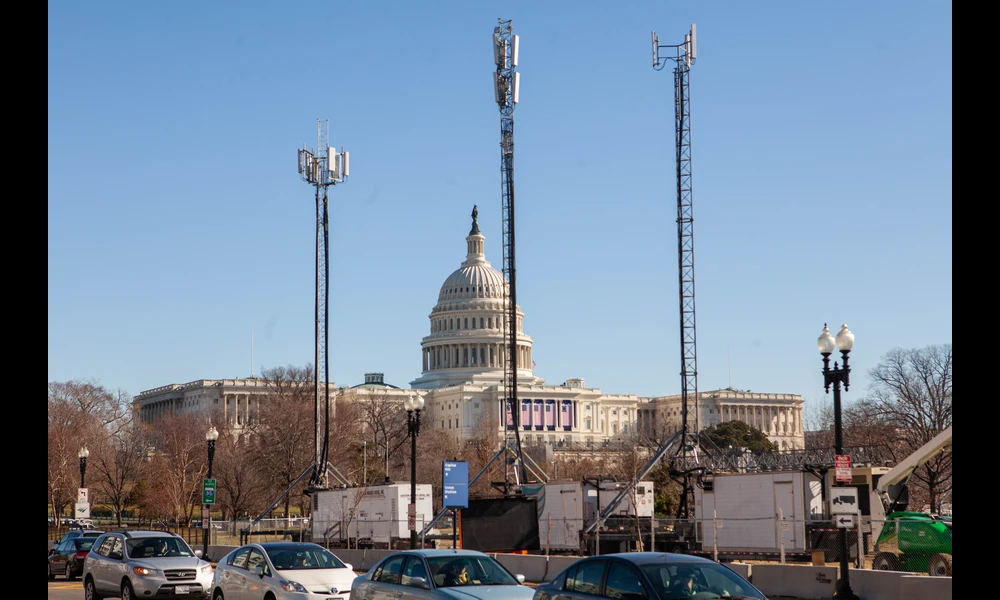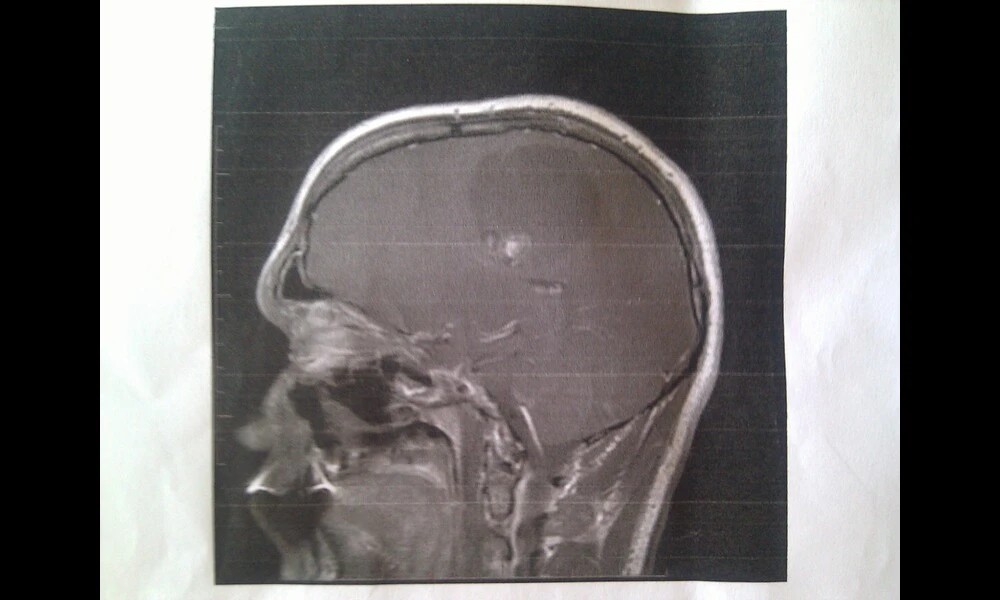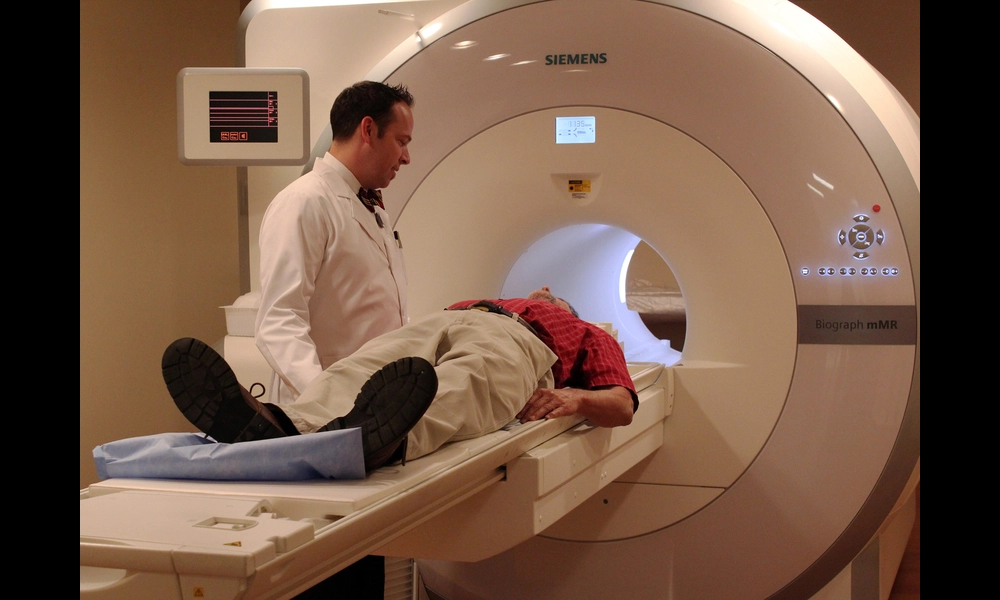FBSDetector: Purdue's New Tool Finds Fake Cell Towers
Published on Thu Apr 25 2024 United States Capitol Building Cell Towers Inauguration | Anthony Quintano on Flickr
United States Capitol Building Cell Towers Inauguration | Anthony Quintano on FlickrIn a groundbreaking study from Purdue University, researchers have developed an innovative detection solution known as FBSDetector, designed to identify fake base stations (FBSes) and multi-step attacks (MSAs) in cellular networks. FBSes, which mimic legitimate base stations, pose a significant threat to the security and privacy of mobile communication, enabling unauthorized surveillance and sensitive information interception. While traditional methods for identifying these threats often depend on costly hardware or complex cryptographic solutions, FBSDetector offers an efficient, machine learning (ML)-based alternative that operates directly on user equipment (UE), such as smartphones.
At the heart of FBSDetector is the creation of two novel datasets, FBSAD and MSAD, which are the first of their kind to facilitate the training of ML models to detect FBSes and MSAs accurately. These datasets comprise network traces from various real-world cellular network scenarios and have been meticulously developed to include both legitimate and illegitimate base station communications. With a combined size of 6.6GB and over 751,963 packets, these databases are substantial resources for understanding and combating FBS threats.
FBSDetector's ML models have shown impressive results, identifying FBSes with an accuracy of 92% and a remarkably low false positive rate of 5.96%. In addition, the system can recognize MSAs with an 86% accuracy and a 7.82% false positive rate. These figures represent a significant advancement over existing heuristic-based solutions, which often struggle to adapt to the continually evolving nature of FBSes and MSAs.
One of the most innovative aspects of FBSDetector is its deployment through an Android app, making this protection mechanism accessible to a broad user base. In controlled lab tests, the app successfully flagged all tested FBS scenarios, demonstrating its effectiveness and real-world applicability. Compared to previous solutions that failed to detect FBSes reliably, FBSDetector represents a significant leap forward in securing cellular networks against sophisticated threats.
Situated within a broader context, the development of FBSDetector is not just an academic achievement but a vital tool in the ongoing battle to safeguard personal and organizational data against increasingly sophisticated and clandestine attacks. As we become ever more reliant on mobile communications, technologies like FBSDetector play a crucial role in ensuring our digital ecosystem remains secure and trustworthy.



